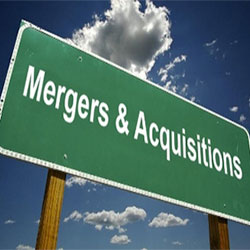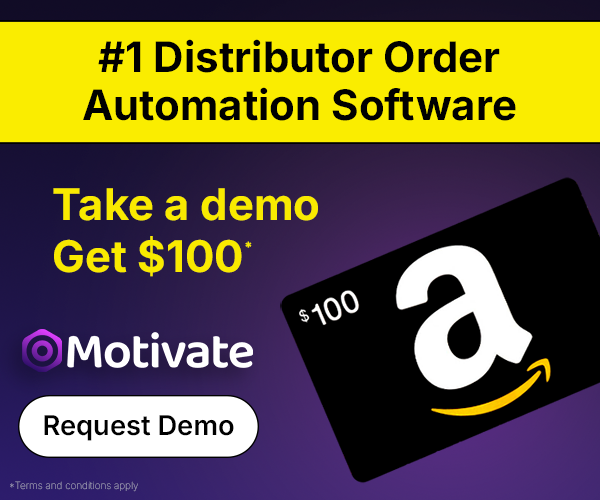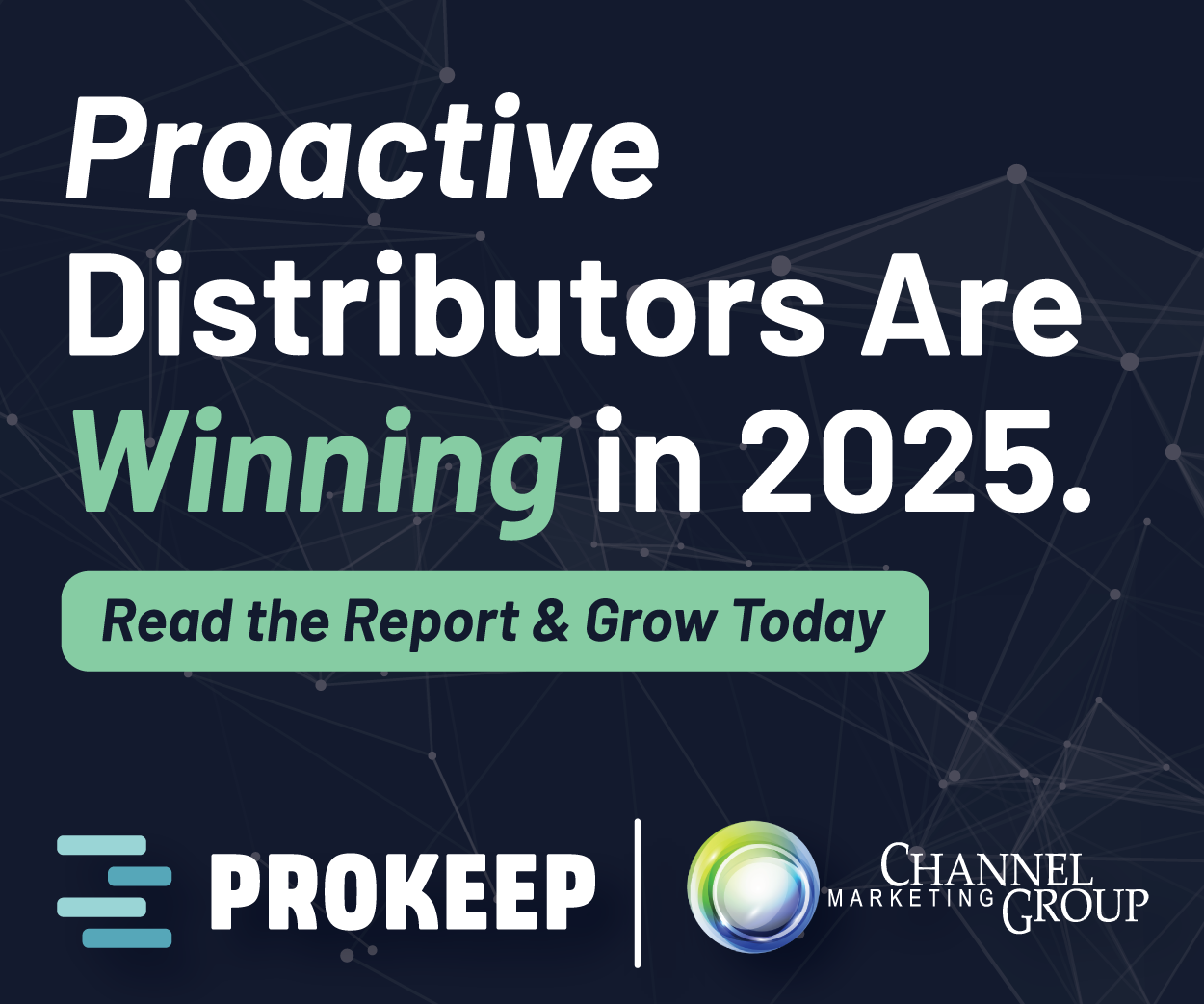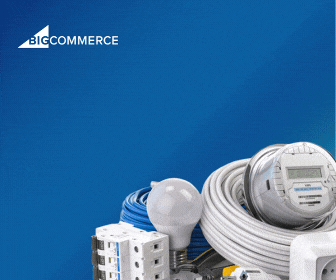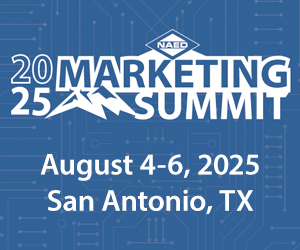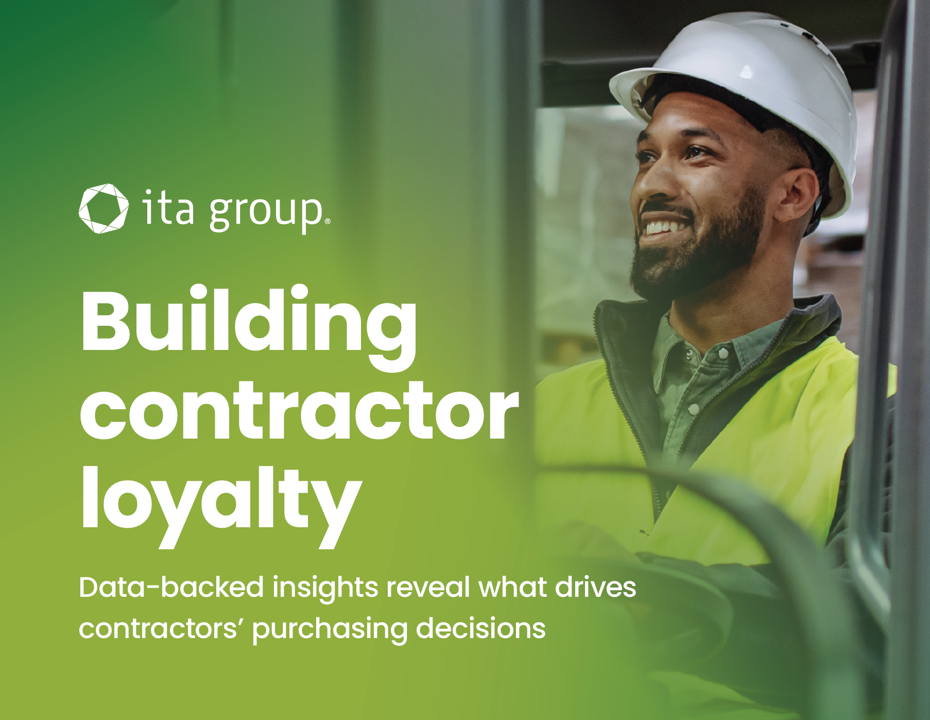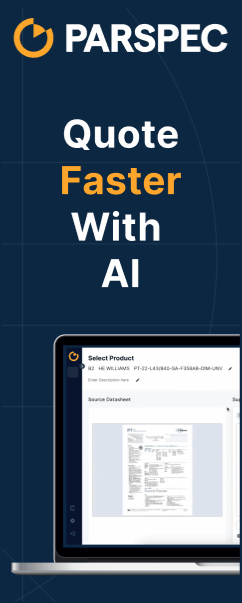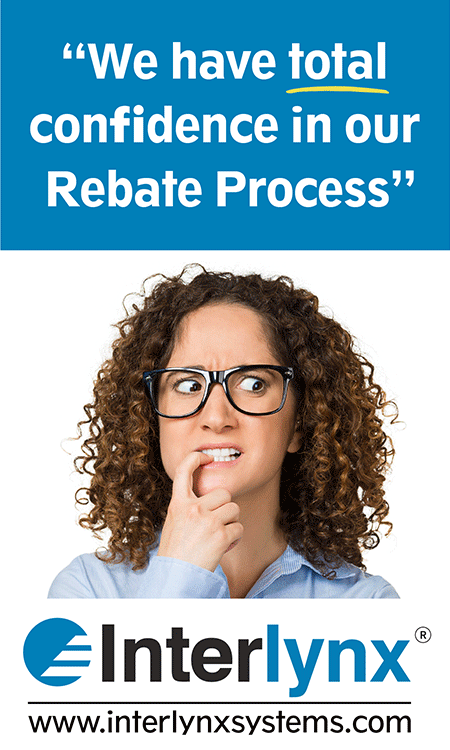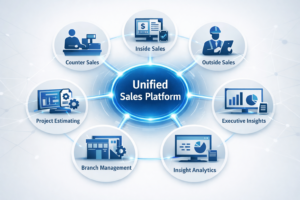Lessons from a Year as a Lighting Agent
 Recently a lighting rep who recently completed his first year at his firm, after spending six years in a variety of lighting manufacturer roles, shared his observations. The rep, Tom Salter, who works for SESCO Lighting, allowed ElectricalTrends to share his thoughts, which provide insights from both sides of the “overage discussion” as well as input to help better understand the lighting agent / manufacturer relationship (and how some elements could be improved):
Recently a lighting rep who recently completed his first year at his firm, after spending six years in a variety of lighting manufacturer roles, shared his observations. The rep, Tom Salter, who works for SESCO Lighting, allowed ElectricalTrends to share his thoughts, which provide insights from both sides of the “overage discussion” as well as input to help better understand the lighting agent / manufacturer relationship (and how some elements could be improved):
First Year On The Lighting Agency Side, What I Have Learned That Other Manufacturers Might Like To Know
My entire career had been with lighting manufacturers and then I made the leap over to the lighting agency side. What I have learned in this first year may surprise many manufacturers, and so I thought I would share my new found wisdom with you. The more that manufacturers and reps understand about each others business, the easier it will be to trust each other and grow each others business together.
I interacted every day with reps for the past six years in various roles. Pricing, marketing, sales, you name it. I traveled all over the country working with some great reps and some not so great reps. As a general synopsis of a manufacturers thoughts on lighting reps, they are…
- Greedy
- Not very knowledgeable about products
- Job chasers
- If you are not with them physically, they are not proactively selling your product
- They have very few contacts beyond the electrical distributors they call on
The list goes on and on, some of which would need to be censored for language. The point is that at least for the manufacturers I have worked for, reps were a necessary evil that were needed but the manufacturer always felt like they had to have their sales people out there to really win business.
This could not be further from the truth in many cases, yet remains a stereotype due to the bad reps out there. When I was considering accepting the job with SESCO, I reached out to a friend who had also worked in manufacturing and currently owns his own rep agency. I asked him to tell me what I needed to worry about when considering joining a rep agency. He had two things to consider.
- Are they financially stable?
This seems like a question you would consider of any potential new employer, however in the rep world it really is hard to check because most of them are small firms where one or two manufacturers pay most of the bills and if they were to lose them they would struggle to survive. From a manufacturers stand point, this major line can be an issue for you to get mind share from the rep sales people. This is always the biggest complaint I heard on the manufacturing side as well as on the rep side now.
2. Nepotism
What is the succession plan? I have seen numerous smaller manufacturers and reps who have no succession plan or it is by default transferring to a son or daughter. In either case, that is not a plan necessarily. Many second generation owners fail to understand the work that is required to make a company successful and continue that success year after year. Many of those new owners do not have the work ethic of the founder(s). This eventually leads to failure and your competition passes you by.
I was able to find a company who overcame both of those tests for me, and so I made the leap. Now, here are four of the key items I have learned…
Overage is NOT a dirty word! On the manufacturer’s side, this is probably the biggest reason that many believe reps are greedy. What most manufacturer’s fail to understand is that overage is how many of these rep firms are able to stay in business. When I was on the manufacturing side, I was convinced that reps were simply either padding their wallets with very little if any benefit to the manufacturer and potentially making the manufacturer look bad to the customer if the overage is exposed, or even worse pricing our products so high that they would lose the entire job altogether. Both ideas were completely wrong. At the end of day, the rep knows his market and customers better than the manufacturer does. He knows the value of the product he is selling better than even the manufacturer as he works that specific market every day. It is not in his best interest to price it so high he loses the job. At SESCO, reps are straight commission, so they don’t eat if they don’t sell. Repeat after me, overage is good! Most of our manufacturer’s offer either 90/10 or 100% splits to the rep. If a manufacturer’s policy is 75/25 or 80/20 and you compete against another manufacturer who offers 90/10, guess who wins most of the time. It is simple mathematics, so I would advise you to review your overage policy and adjust it if you are not at least at 90/10 with your rep agency. It does not cost the manufacturer anything, and it helps keep mind share which is what every manufacturer struggles with. It will also greatly reduce the amount of times a rep will call your pricing team telling you that the price has to be dropped. Trust me!
Specification locks are a must! SESCO is a specification sales agency. If your products are not offering specification locks on a job, then you are going to be bid out to the lowest price offering. Specification locks are the value add that you are providing to the end user that no other competitor can provide. That value add is worth a premium to the end user and so the manufacturer is able to sell their products at a higher margin and hopefully sell more product in volume. When Marketing and Product Development are working on new products, the very first question needs to be what problem am I solving or what value add am I providing to the end user? If you cannot answer that question, then stop working on that product. I don’t care if a gazillion wall packs or troffers are being sold in the market. What value add does your wall pack provide versus the hundreds of other companies selling the same product. I am constantly amazed at how many manufacturers ask SESCO to represent them with me-too products and go head to head with the major conglomerates who are already well entrenched. Find your niche and be really good at it. If you are successful, competition will follow and so you have to always be coming out with new value added products. Be paranoid of your competition, because if you get comfortable you will get passed.
Sales promotions must be tailored! How many times can I see the lack of understanding between manufacturers and their rep agencies markets? SESCO is specification driven, so offering sales promotions for a week, month, or even quarter is not enough. Specification sales are a longer cycle and so must be planned that way. What good is a sales promotion in which it closes before the sales cycle is complete? If all you are trying to do is get one time stocking orders through a distributor, then please keep up these antiquated sales practices. Otherwise, have your Marketing teams reach out directly to your top reps, if not all of them, and ask what types of sales promotions will work best. Distributors and reps are always being barraged with sales promotions from numerous manufacturers at the same time and so it gets lost. Work closer with the reps and they can make your sales promotions far more effective in their market. Do targeted selling rather than shotgun approaches.
You do not have to physically be with your rep to get mind share! I have worked for companies where the sales guys were expected to be with each of their reps every quarter or more. Good luck with that! These are usually milk runs, which are put together at the very last minute due to poor communication between the manufacturer and the rep. Many reps have more manufacturers than business days in a quarter, so you do the math. Reps own the relationship with their architects, engineers, distributors, and contractors. If the visiting manufacturer does not have something to provide new value, then why are they coming? A manufacturer should be focusing on ensuring that the rep is trained well enough to be the sales extension they were intended to be and that they have all of the resources they require to be successful. Stop the small thinking and focus on how to grow your business exponentially. Hint, that does not mean you going on hundreds of sales calls a year as a manufacturer. That does mean ensuring the website is always up to date and easy to navigate. Marketing collateral is available and effective. Samples are always available. I do not care what the company policy is on samples. If a sales rep requests a sample, ask why, and then send it immediately. Very few will abuse this policy, and the ones that do will be obvious and you can cut them off. Finally, when a problem comes up resolve it immediately. Do not blame someone else, just fix it! Customers will remember how you handle problems more than they will ever remember how you serviced them in good times. No exceptions.
I have had an amazing last twelve months and there is so much more to come. This supply chain works for a good reason, but it has to be constantly worked on to make it better. I would love to hear thoughts on both sides, and add anything you feel I may have missed. I am only touching on the big deals I have seen since coming over.
Tom makes some very valid comments:
- While the channel can disagree on overages, and they may be a major challenge for renovations, the effort put into spec development, time-wise, warrants some type of compensation method to supplement the standard commission rate. It appears that an alternative term for overage could be “value-based pricing.” The question then becomes, who is best at determining the value?
- Spec locks (or hard specs) used to be more prevalent. Now frequently it is “or equal” and contractors drive the issue to the misnomer of “value-engineering”, which distributors frequently actively compete in.
- Manufacturer promotions typically have short-term thought processes. A “steps to the sale” approach or a project registration system that supports promotional initiatives may be more effective.
- What’s more important … sales or being visually present to reps? In a commission-oriented world, no results therefore no pay. Towing a manager around that doesn’t add value to a sales call or is providing training essentially wastes time for all and may be more of a job validation issue for the manager. Identifying alternative ways to be visible may be more productive for all.
Given your experience, and perception, of interacting with lighting agents, what are your thoughts? Do you agree with his comments regarding overage? His feedback to manufacturers about regional sales management in-field travel? The benefit of specs vs value-engineering? The relationship between manufacturers and lighting reps in general?






